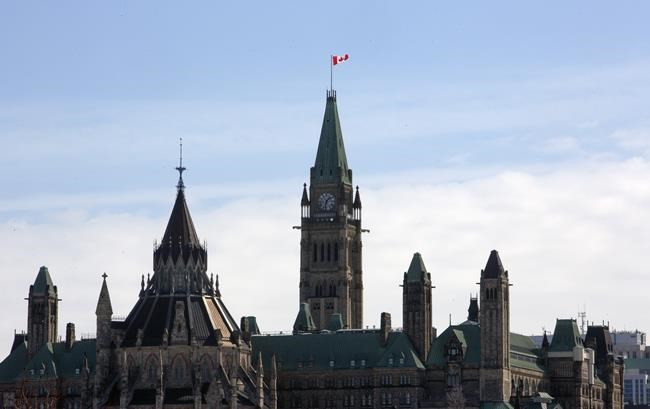OTTAWA — The public inquiry into foreign interference in Canada will "maximize the public disclosure" of the evidence it gathers without compromising national security, the judge heading it up said on Thursday.
Inquiry Commissioner Justice Marie-Josée Hogue said in a written statement that it is complicated to set up an inquiry that deals with national security issues.
She said work has been progressing steadily since her mandate began Sept. 18, and she should be able to share more information about the process on Nov. 10.
She also promised maximum transparency within the bounds of the law.
"While this will be a difficult balance to strike, I will do my utmost to achieve it, as both objectives are paramount," said Hogue.
The inquiry was called in early September after nearly a year of allegations and security leaks that suggested the Chinese government had attempted to influence both the 2019 and 2021 federal elections.
Officials say Canada maintained the overall integrity of the 2019 and 2021 elections. But the allegations exposed holes in the federal government's process for monitoring and sharing information about foreign interference between security agencies and senior ministers.
That breakdown included decisions not to inform several MPs, including Conservative MP Michael Chong and NDP MP Jenny Kwan, that they had been targets of the Chinese government for years.
Prime Minister Justin Trudeau's national security adviser, Jody Thomas, told a committee in the spring that she herself hadn't been informed about the MPs being targeted.
The public, however, has seen little of the evidence that explained what happened when it came to specific allegations.
Secrecy was the Liberal government cited as one of the reasons it didn't initially want to call a public inquiry, believing much of the evidence couldn't be disclosed publicly.
It appointed former governor general David Johnston as a special rapporteur to determine if a public inquiry was the appropriate route to take.
Johnston's appointment was slammed by the Conservatives, who accused him of being too close to Trudeau. When Johnston recommended against holding a public inquiry, the opposition parties expressed outrage. Johnston ultimately resigned.
He released a report about his findings, but it was heavily redacted.
The Liberals spent the summer negotiating the terms of a public inquiry with the opposition parties, and Public Safety Minister Dominic LeBlanc announced it on Sept. 7.
Finding a commissioner all parties could agree on was among the stumbling blocks.
Hogue said Thursday that the inquiry will proceed in two parts. The first will focus on allegations of interference by China, Russia and other foreign actors, and any impact that might have had in the 2019 and 2021 federal elections.
That phase will include an examination and assessment of how information flowed within the federal government about the issues, and what officials did in response.
The second phase will examine what capacity the federal government has to detect and counter foreign interference.
Public hearings are to be held early in 2024 and again next fall. An interim report is due by the end of February and the final report must be delivered in December 2024.
Hogue said she will launch an inquiry website on Nov. 10, along with along with a call for applications from people and groups who are interested in joining the process.
This report by The Canadian Press was first published Nov. 2, 2023.
Mia Rabson, The Canadian Press




